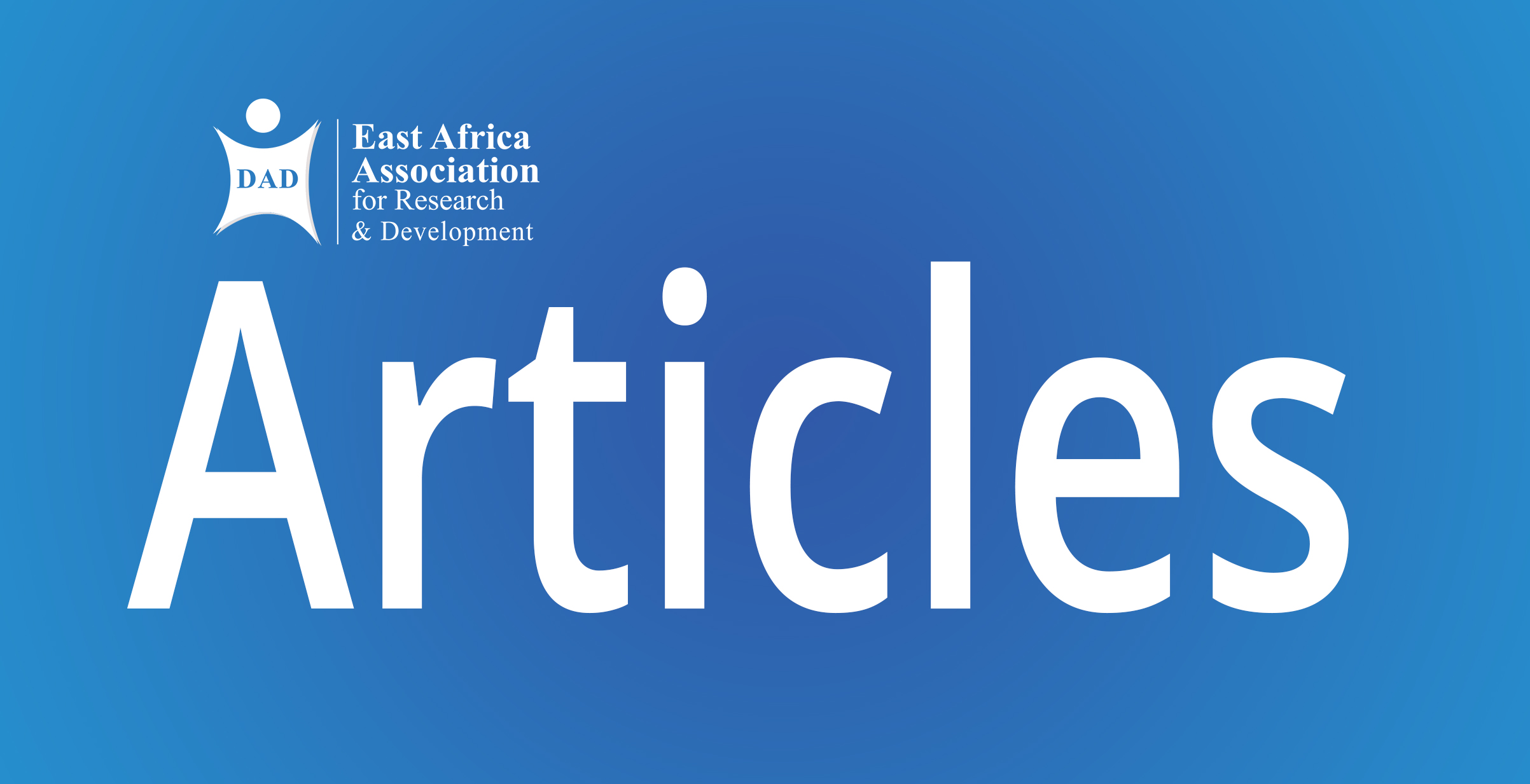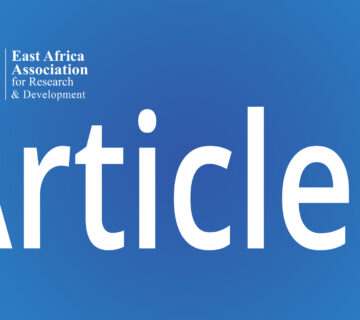Dr. Mohammed A.M Ahmed
Abstract
This study presents an in-depth analysis of the impact of health investment on Somalia’s economic growth, predominantly utilizing secondary data. It aims to establish a correlation between increased healthcare investment and subsequent economic development, emphasizing the role of improved health conditions in fostering a more productive and educated workforce. The research methodology centers on the analysis of existing quantitative data, complemented by secondary qualitative sources such as published interviews and case studies. This method facilitates a detailed examination of the ways in which healthcare investment contributes to enhanced life expectancy, reduced disease burden, and increased population productivity and educational attainment. The study also delves into the potential of public-private partnerships in enhancing healthcare delivery in low- and middle-income countries, with a particular focus on primary healthcare. Significantly, the findings highlight an economic leverage effect, where investing one dollar in healthcare is projected to yield a four-dollar return in economic growth. This result underscores the efficiency and effectiveness of health investments, suggesting substantial economic benefits such as improved workforce participation, enhanced productivity, and overall economic growth. The study accentuates the crucial role of health investments as a key driver of sustainable development, particularly in contexts like Somalia, where such strategic investments are vital for long-term economic and societal progress.
Keywords: Health Investment, Economic Growth, Somalia, Public-Private Partnerships, Sustainable Developments.




No comment